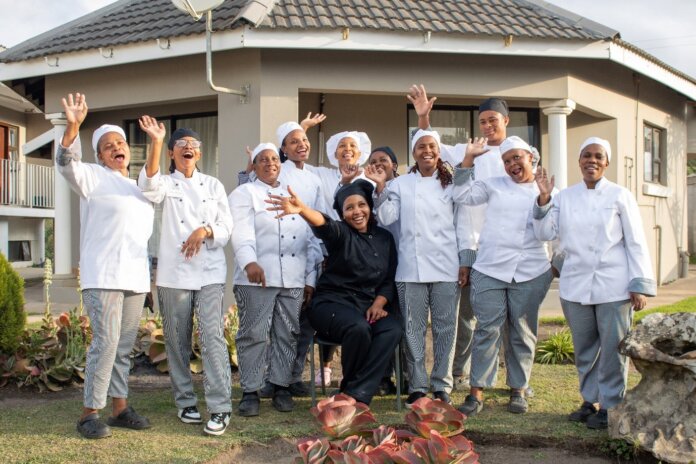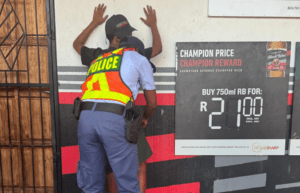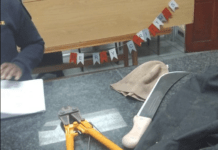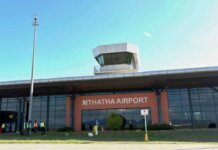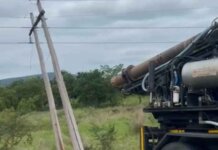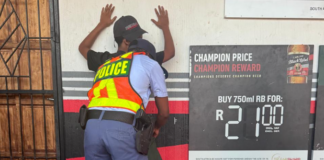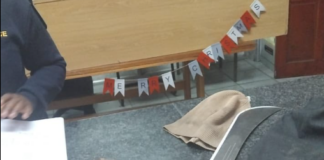Unlock this story — it’s free
Lusikisiki, Eastern Cape – The South African National Roads Agency SOC Limited (SANRAL) is taking a groundbreaking approach with the N2 Wild Coast Road project. While the R20-billion initiative is a major infrastructure development, SANRAL is also investing in the local communities through a range of socio-economic programmes, including a pilot training programme for junior chefs.
The junior chefs training programme is part of Package 5 of the N2 Wild Coast Road project, covering the stretch from the Msikaba Bridge (North bank) to the Mentu Bridge (South bank). This innovative programme offers participants a comprehensive culinary education, including cooking techniques, food preparation methods, kitchen management, and customer service skills. Importantly, trainees receive hands-on experience in a professional kitchen environment, equipping them to apply their new skills in real-world scenarios under the guidance of experienced mentors.
Since its commencement in April, the programme has enrolled ten participants, all local caterers selected through the Project Liaison Committee (PLC) from communities directly impacted by the project. The six-month training is designed to provide these individuals with valuable skills that open new employment opportunities and uplift the local economy, particularly around Lusikisiki.
“This training by SANRAL is intended to upskill the cooking skills of our local small, micro, and medium enterprises (SMMEs) who were already in the catering space,” explained Bongiwe Mzana, the programme facilitator. “SANRAL has taken them out of ordinary catering and into the chefs’ space for them to be able to create different cuisines.”
Nwabisa Gxumisa, Wild Coast District Office Manager, emphasized the programme’s broader community benefits. “The community is very excited. The training and the programmes we are implementing, particularly the non-engineering initiatives within Package 5 and the Thahle and Khanyayo communities, have brought stability. People have noticed that they are benefiting from the N2 Wild Coast Road programme,” she said. “This programme is not just about road construction; it goes beyond roads. Community members have opportunities to participate in various roles, whether it is through catering, laundry services, or security services.”
Participants in the programme are equally enthusiastic. Nobonke Nokeni, one of the junior chefs in training, expressed her gratitude, saying, “I am so grateful to SANRAL for what they’ve done for me. Out of so many people, you chose me to benefit from this initiative. I hope that after our group completes its training, this opportunity will remain available for others to upskill and reach my level.”
SANRAL’s commitment to community development is clear. By integrating infrastructure projects with initiatives aimed at socio-economic upliftment, SANRAL is not just building roads; it’s building futures. The junior chefs training programme is a testament to SANRAL’s efforts to create a lasting positive impact in the regions it serves, making the N2 Wild Coast Road project a catalyst for both infrastructure and socio-economic growth.

